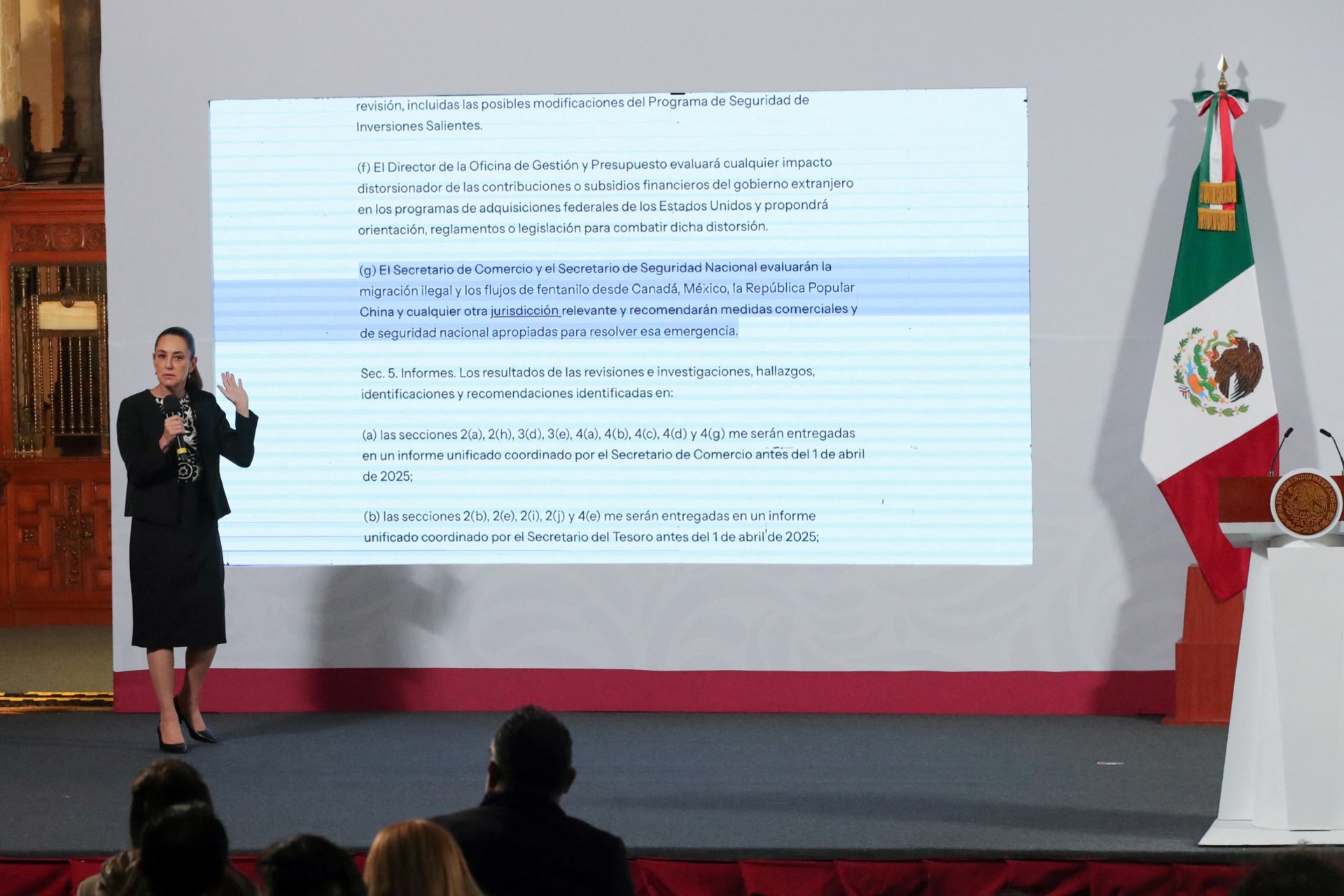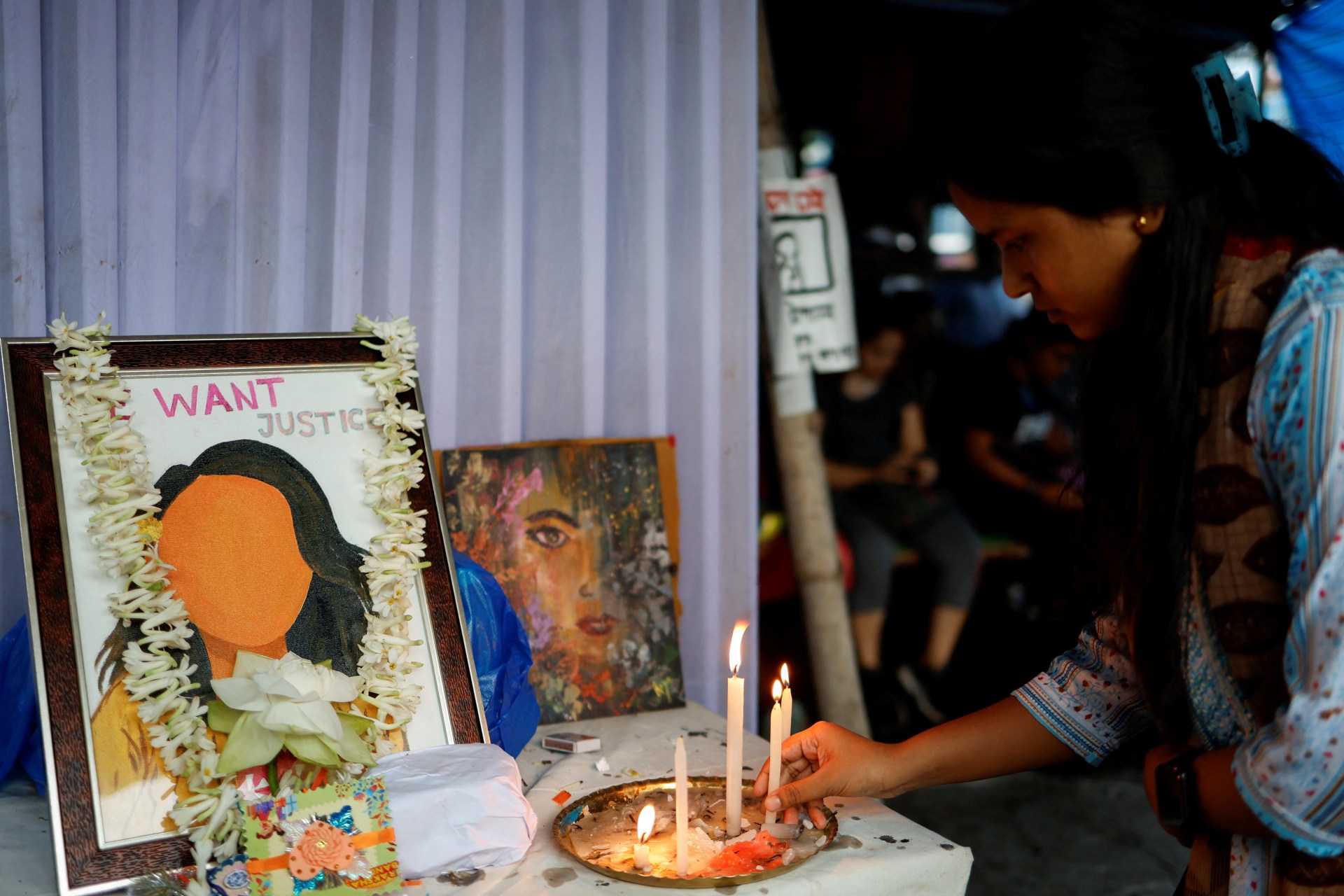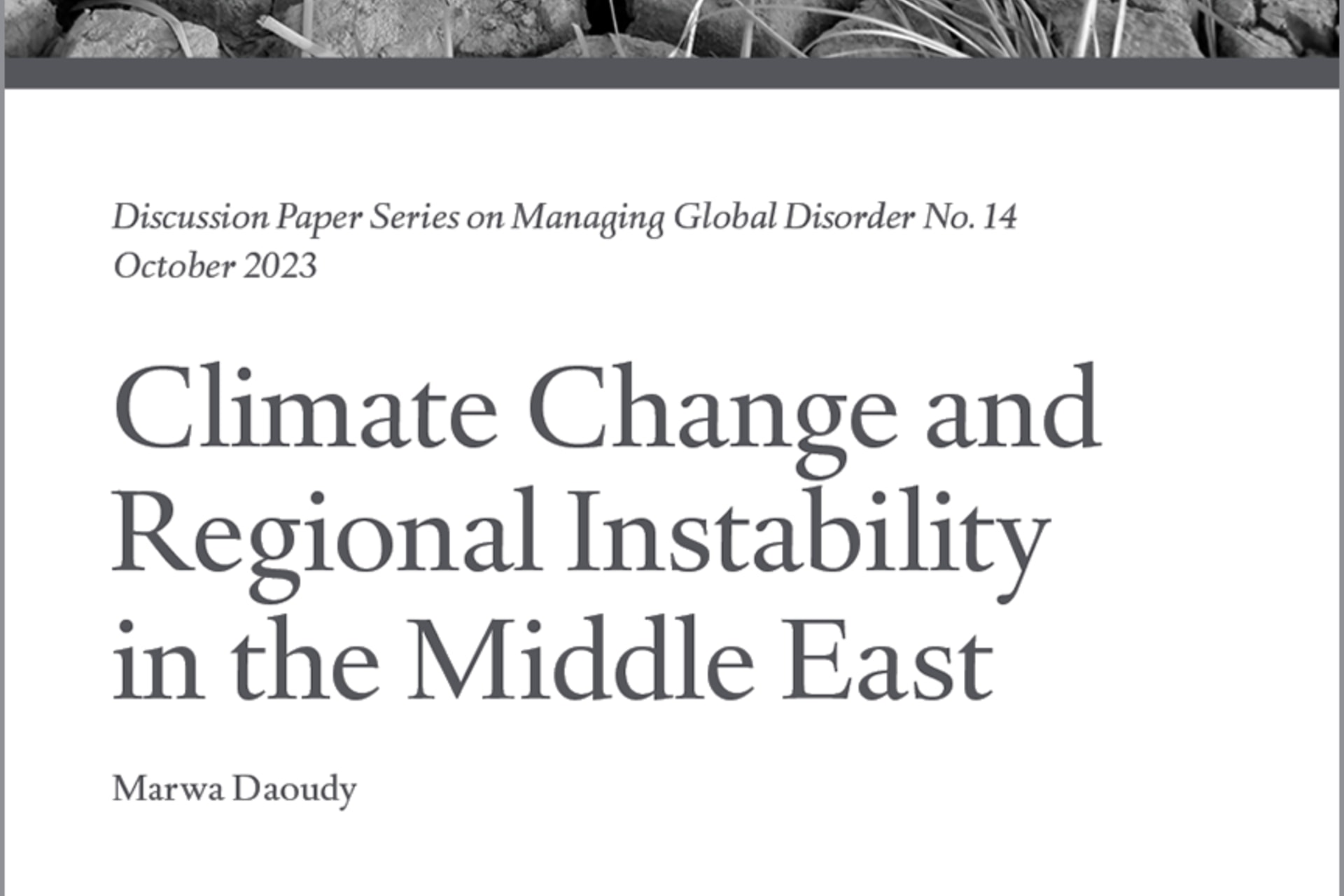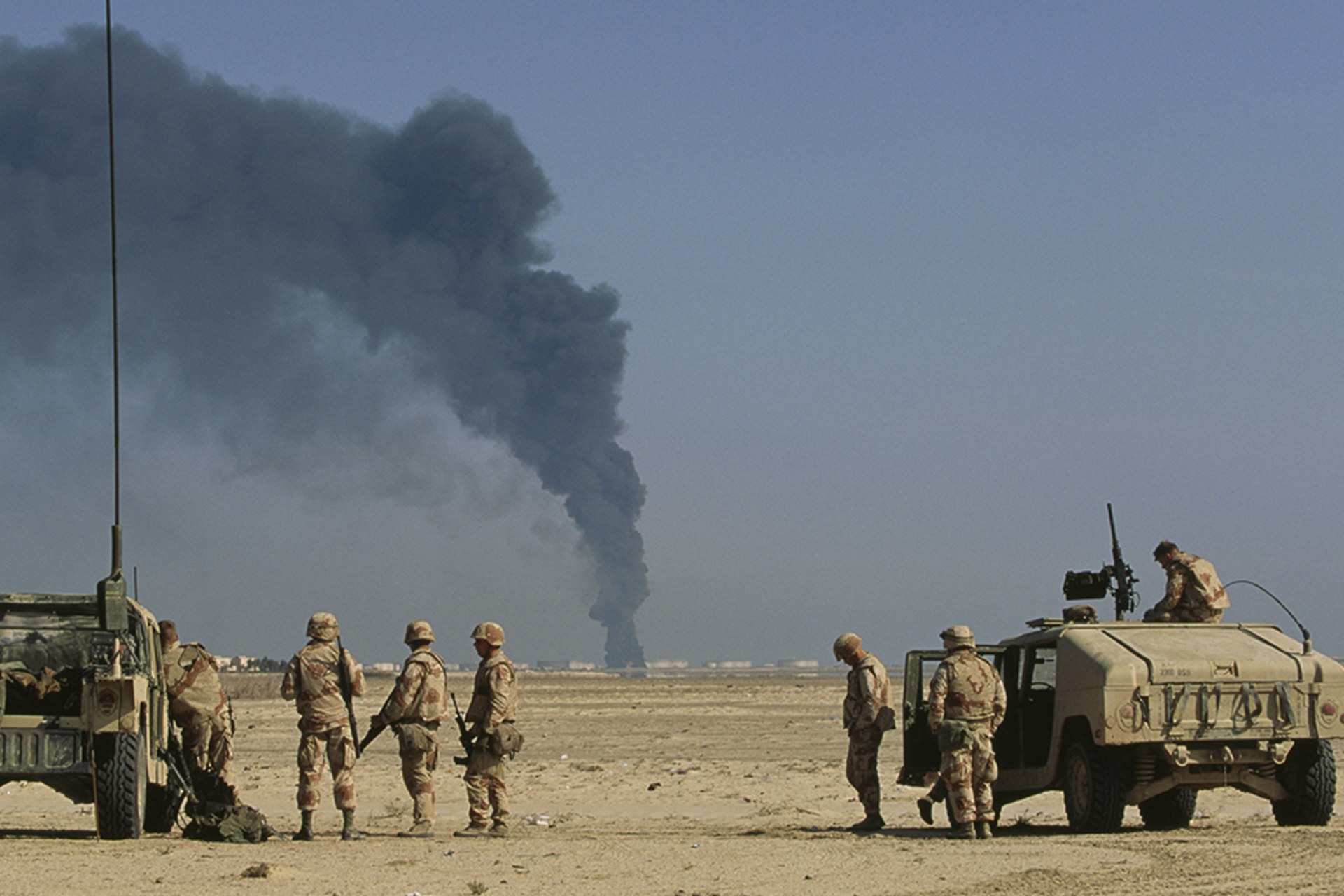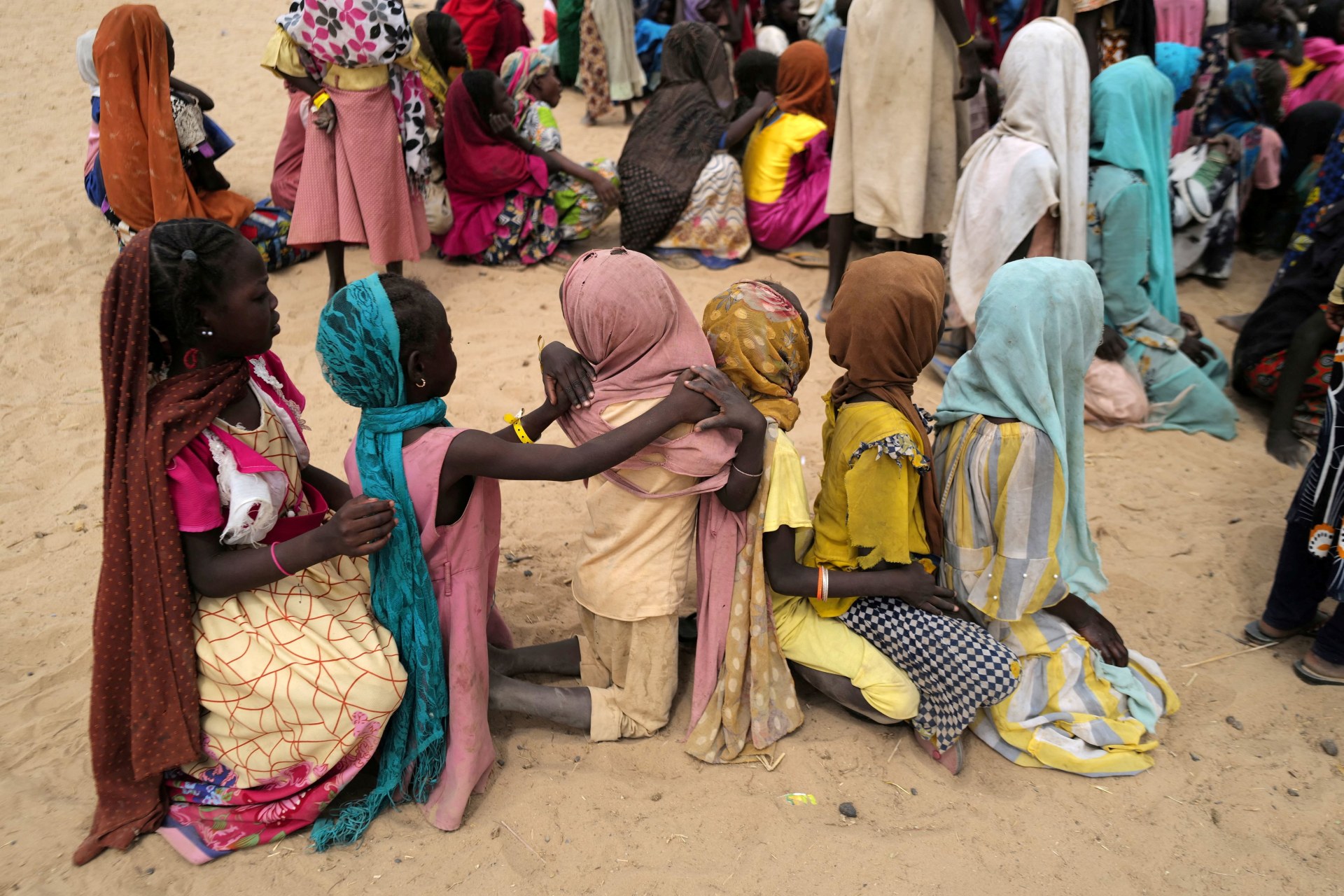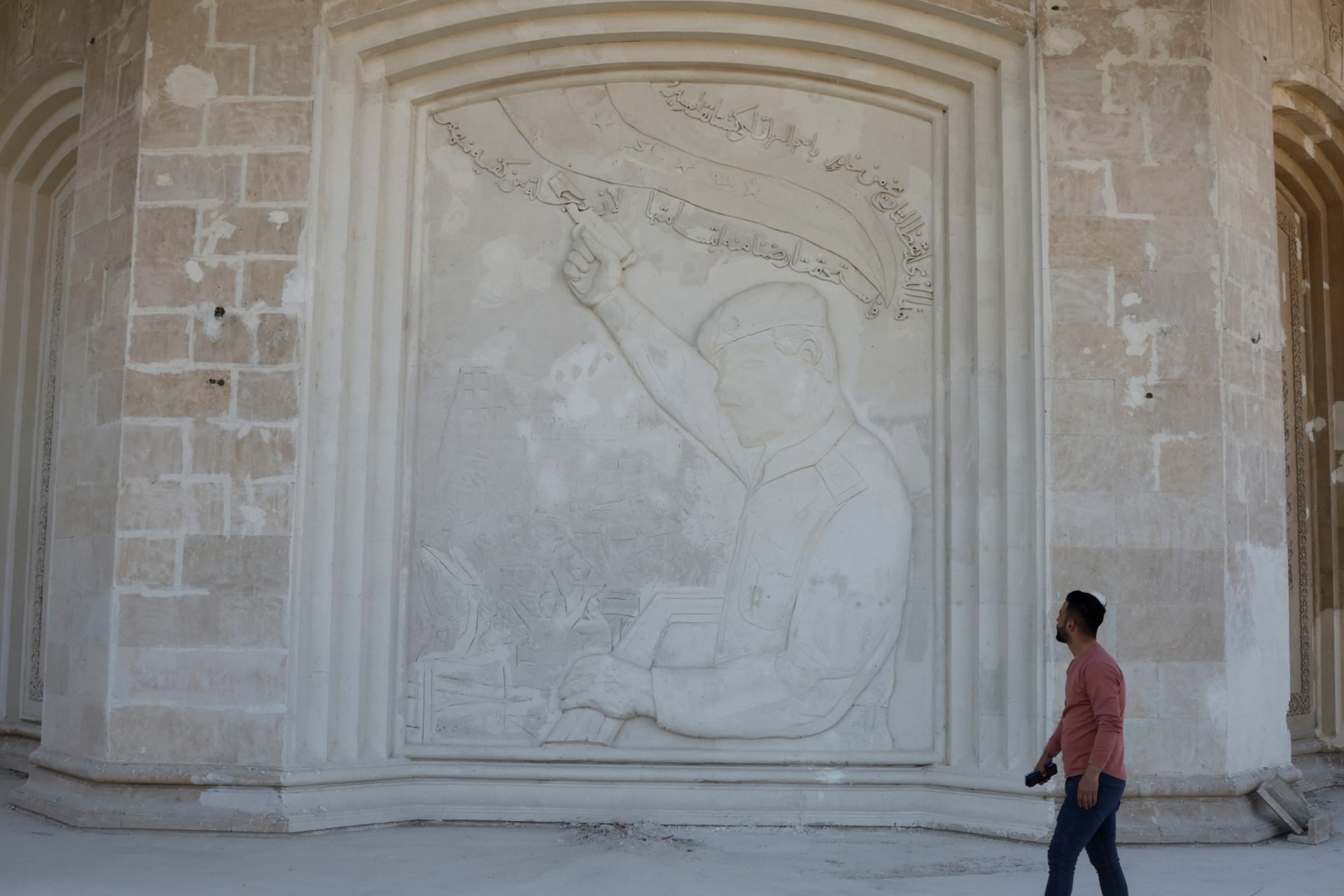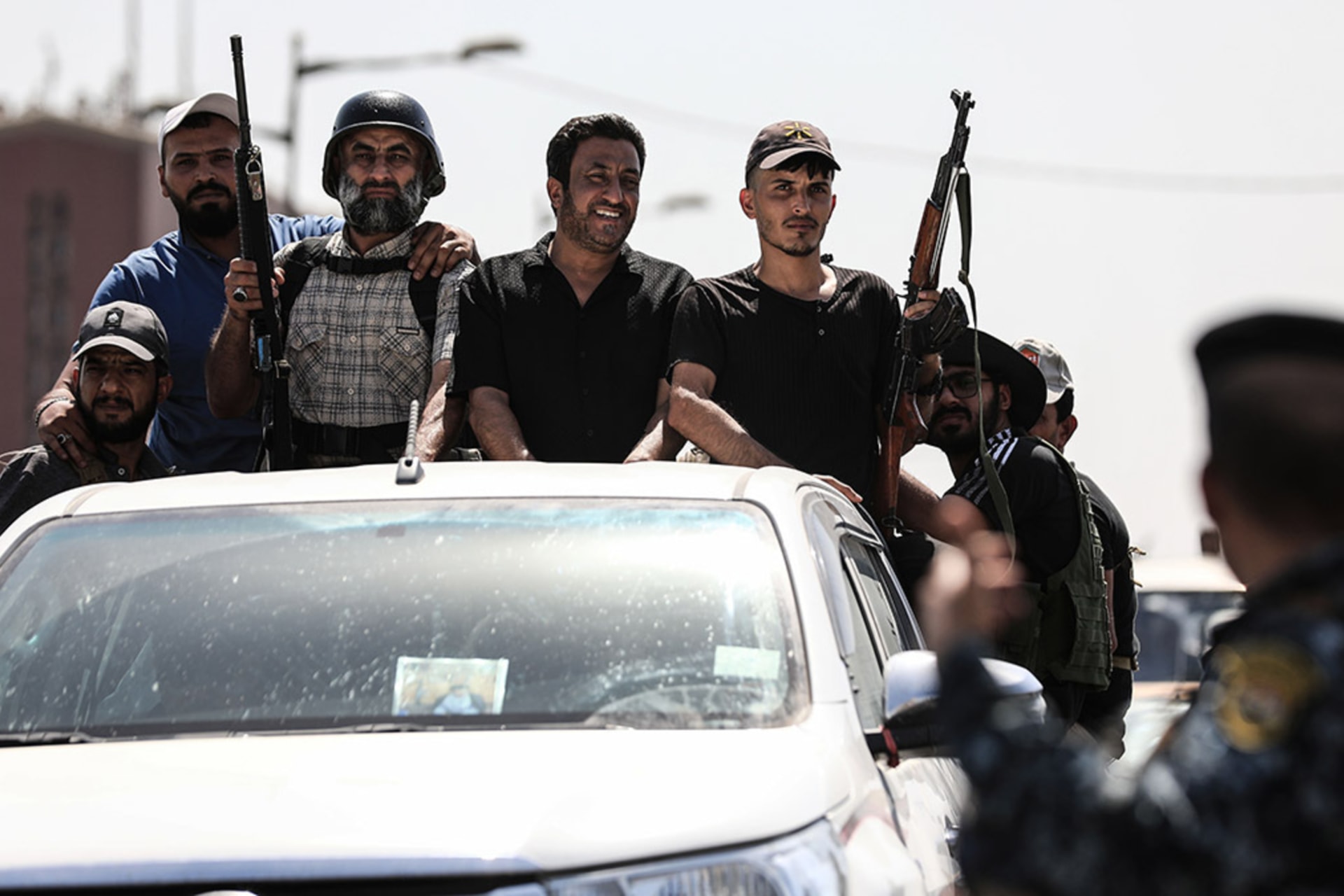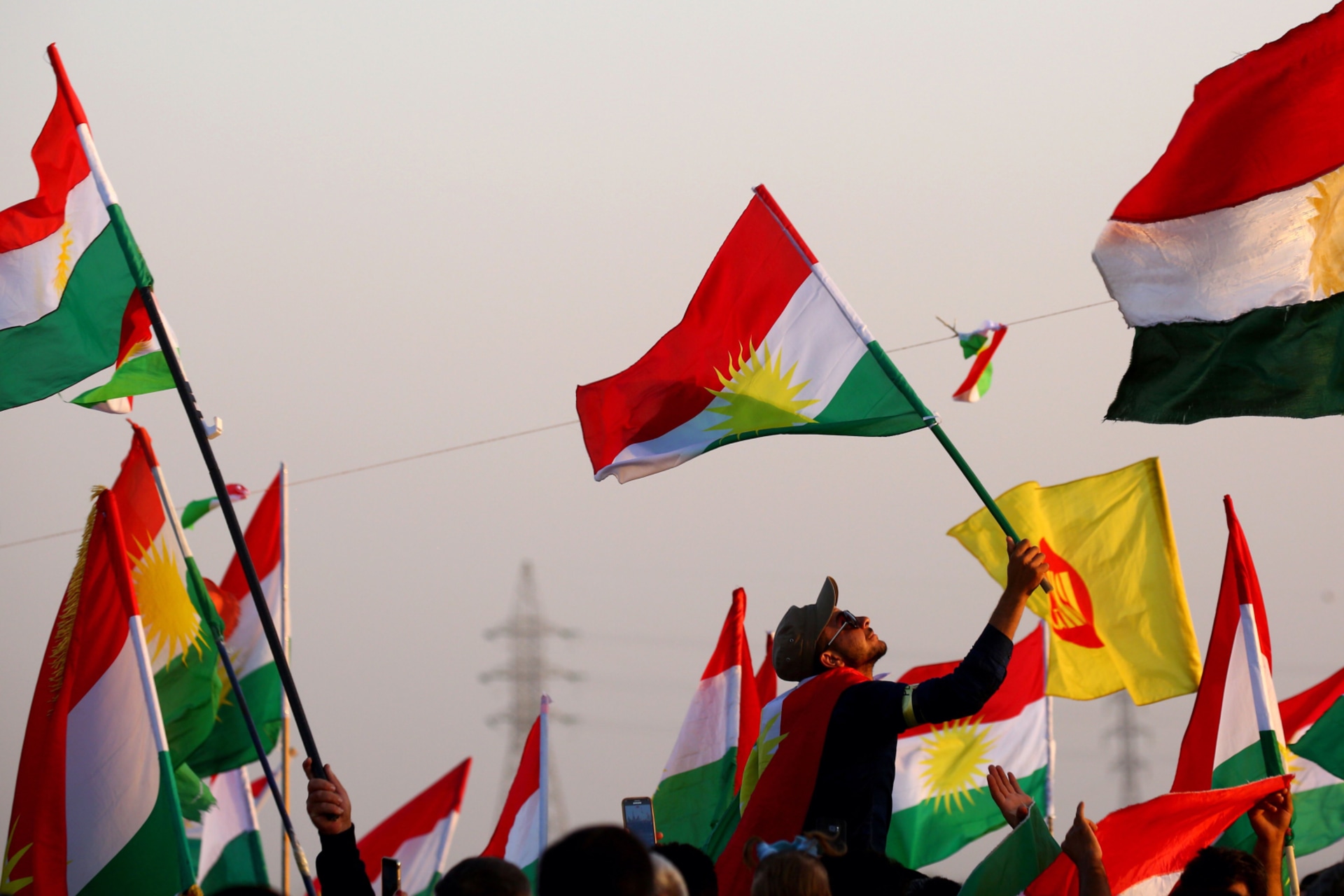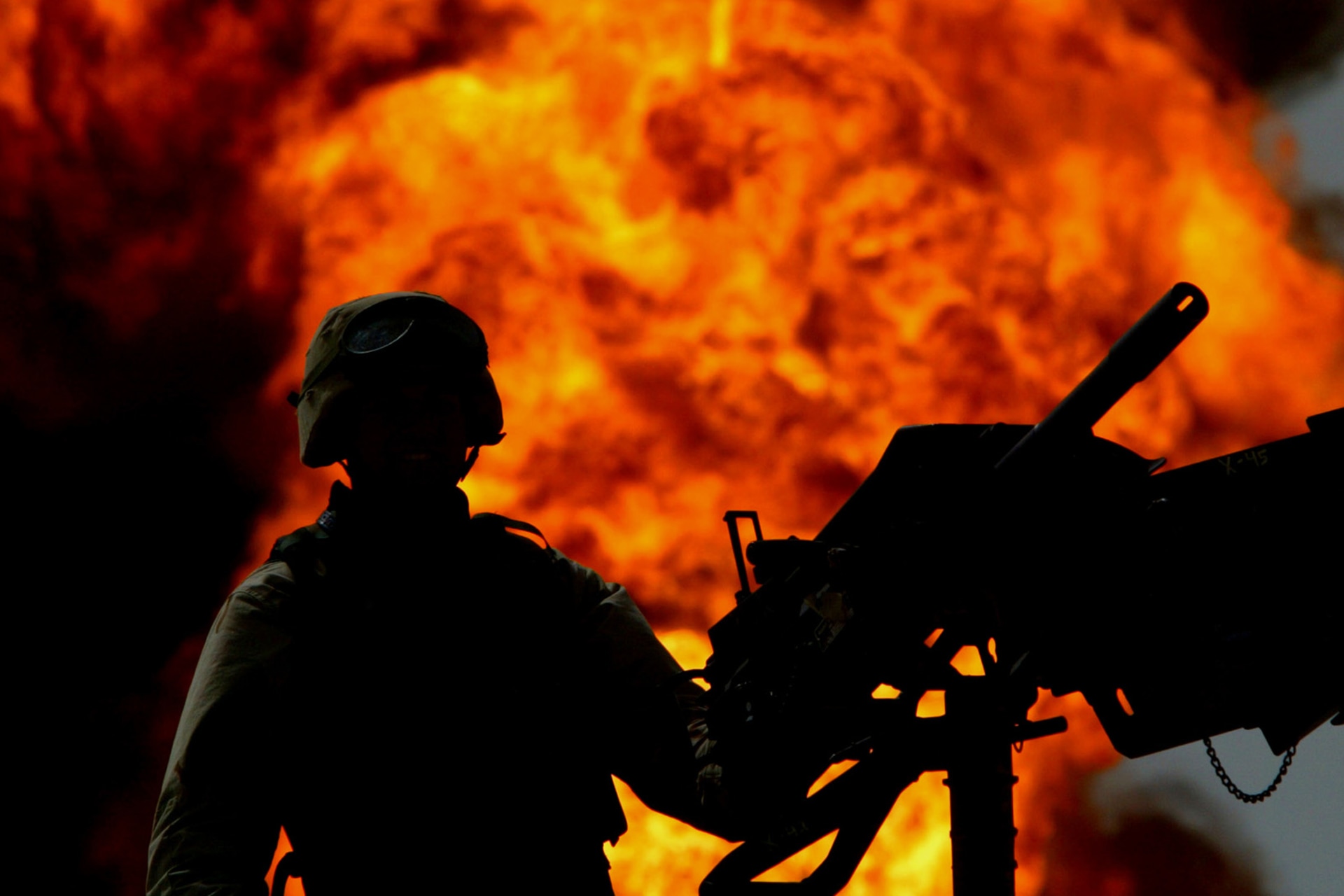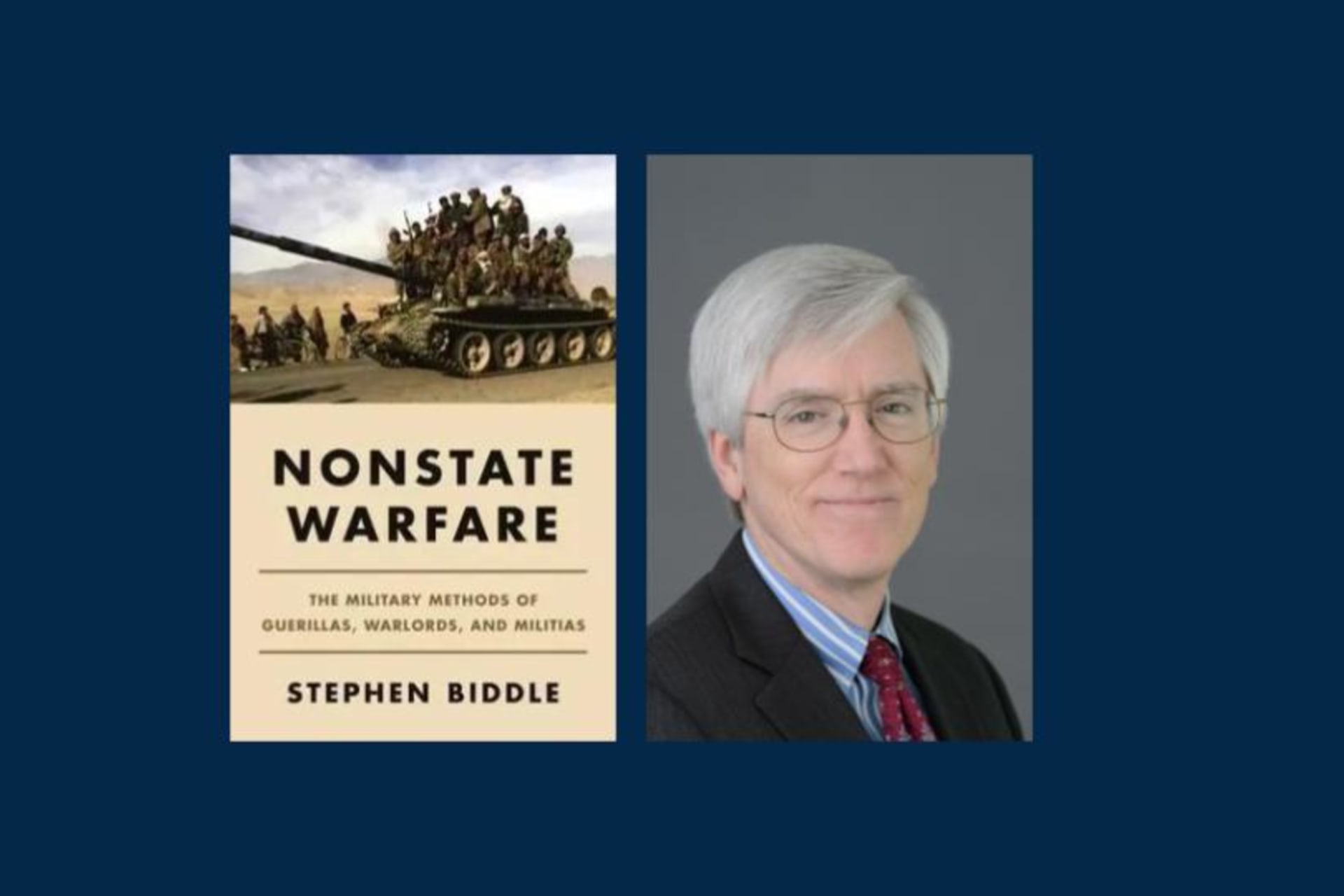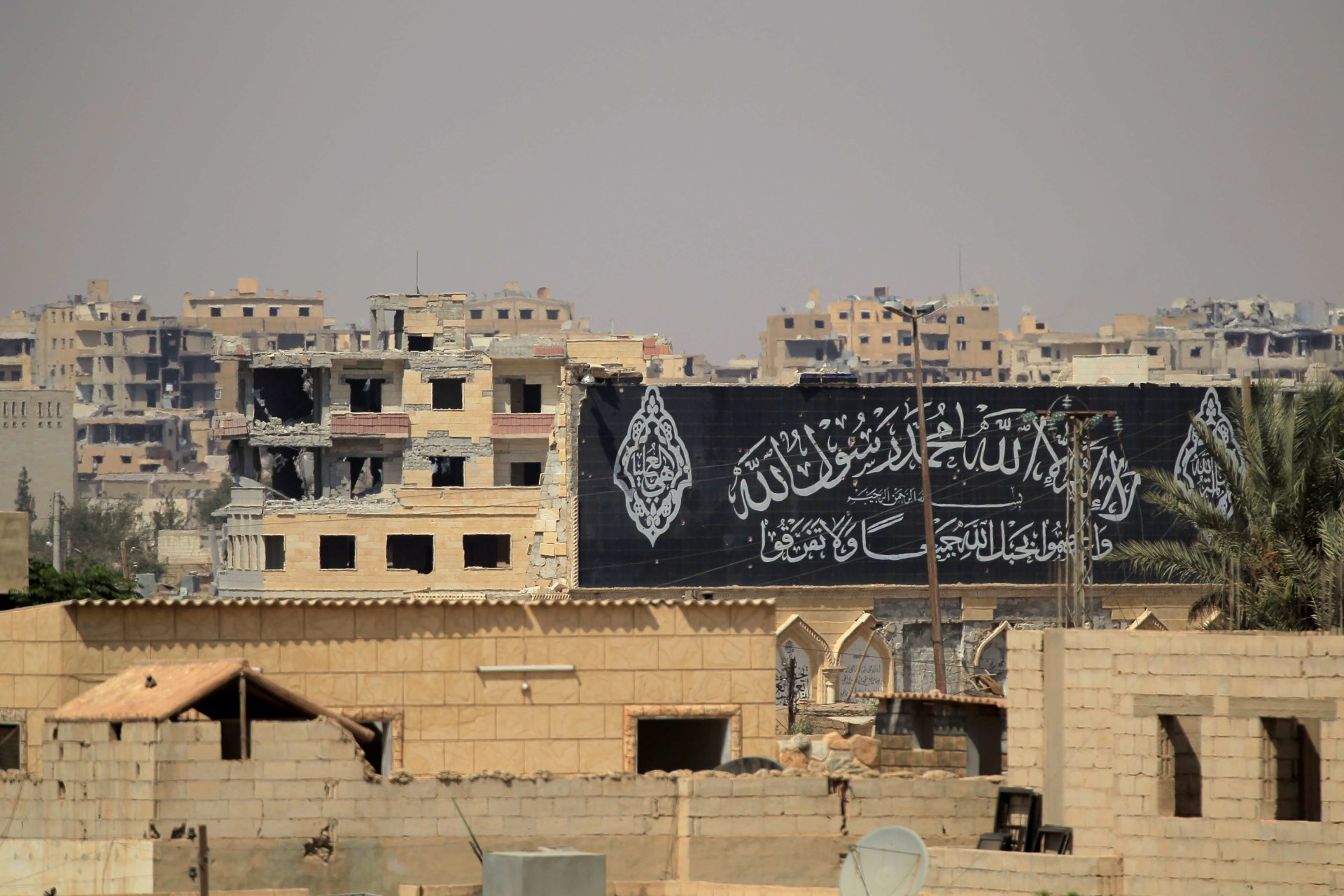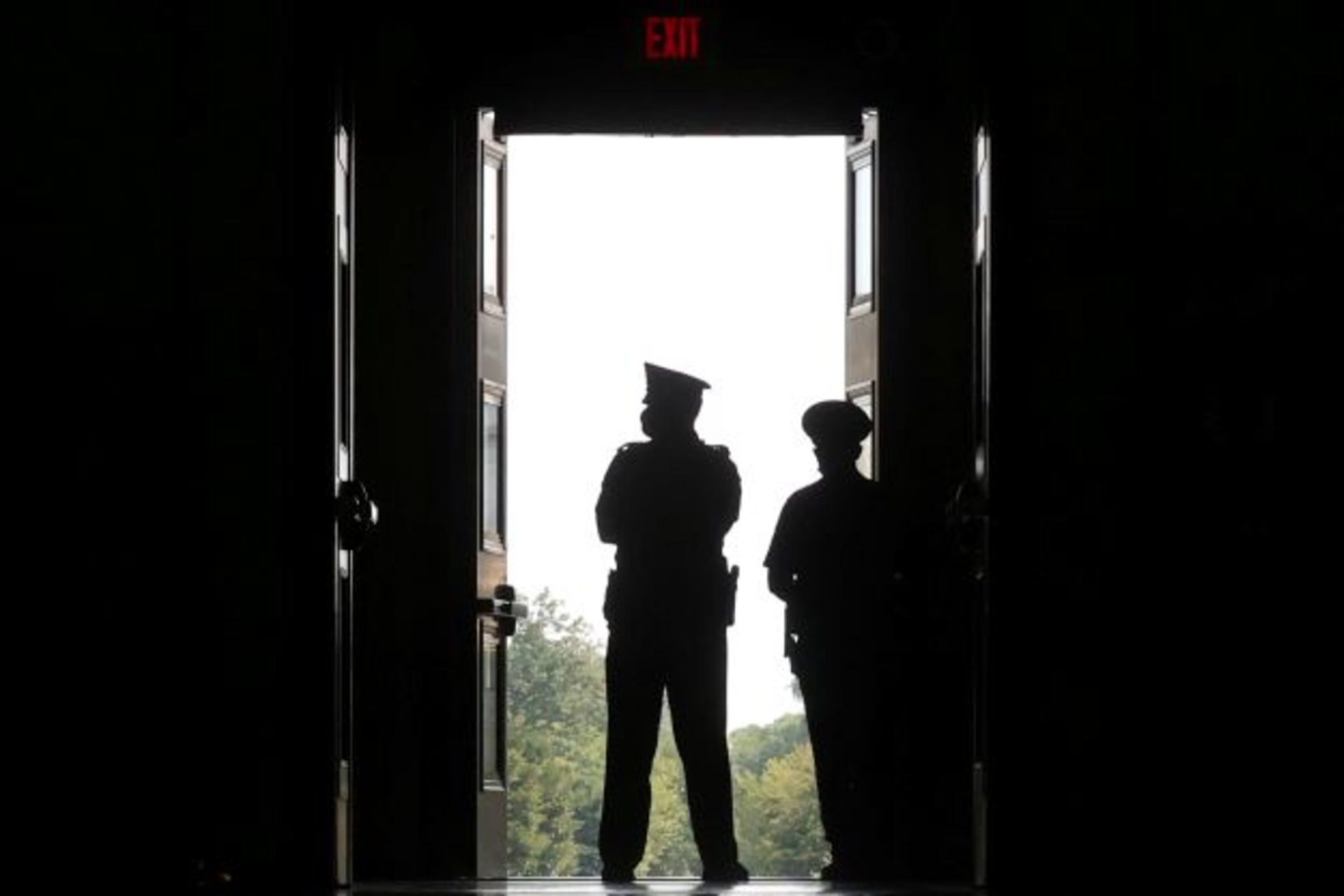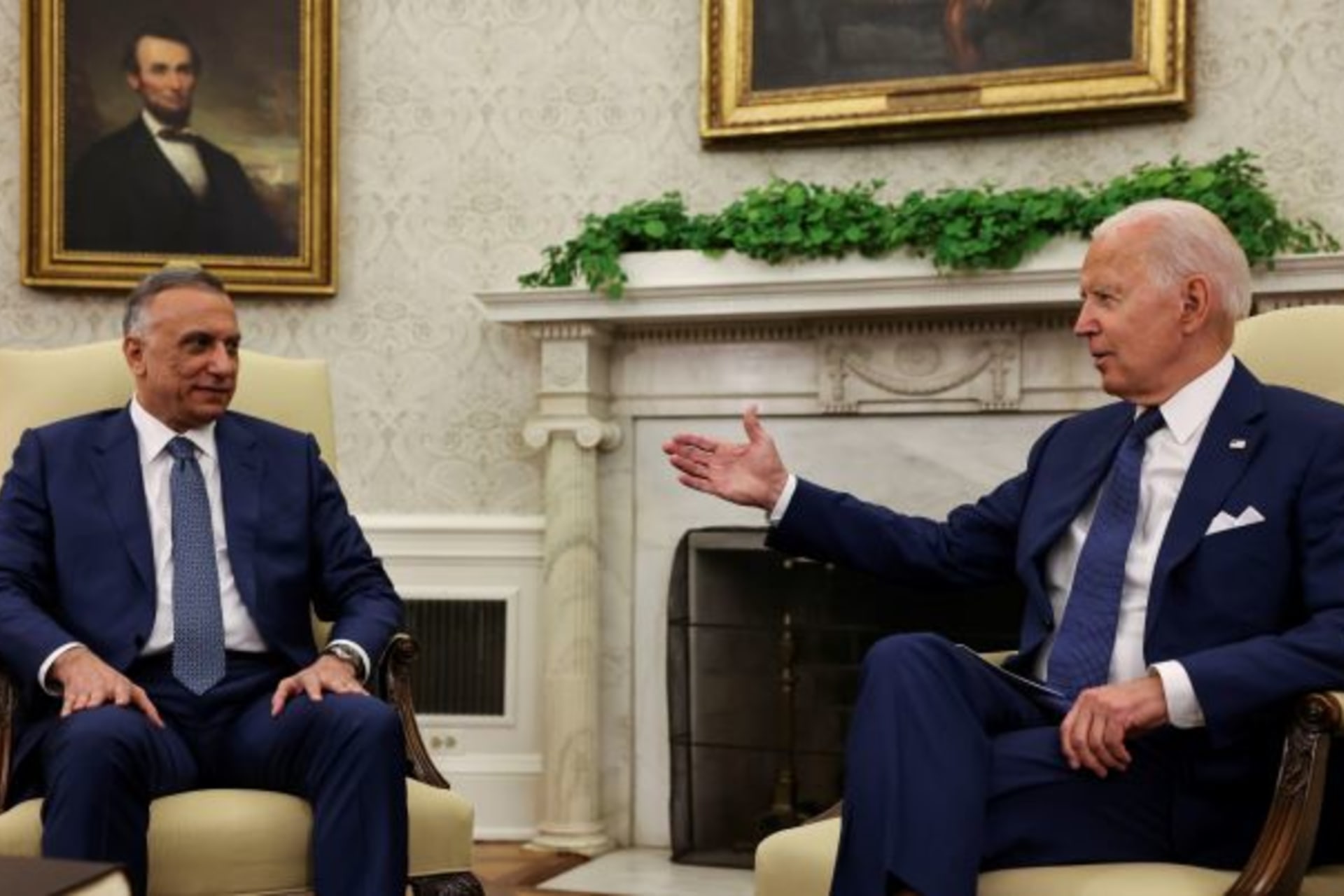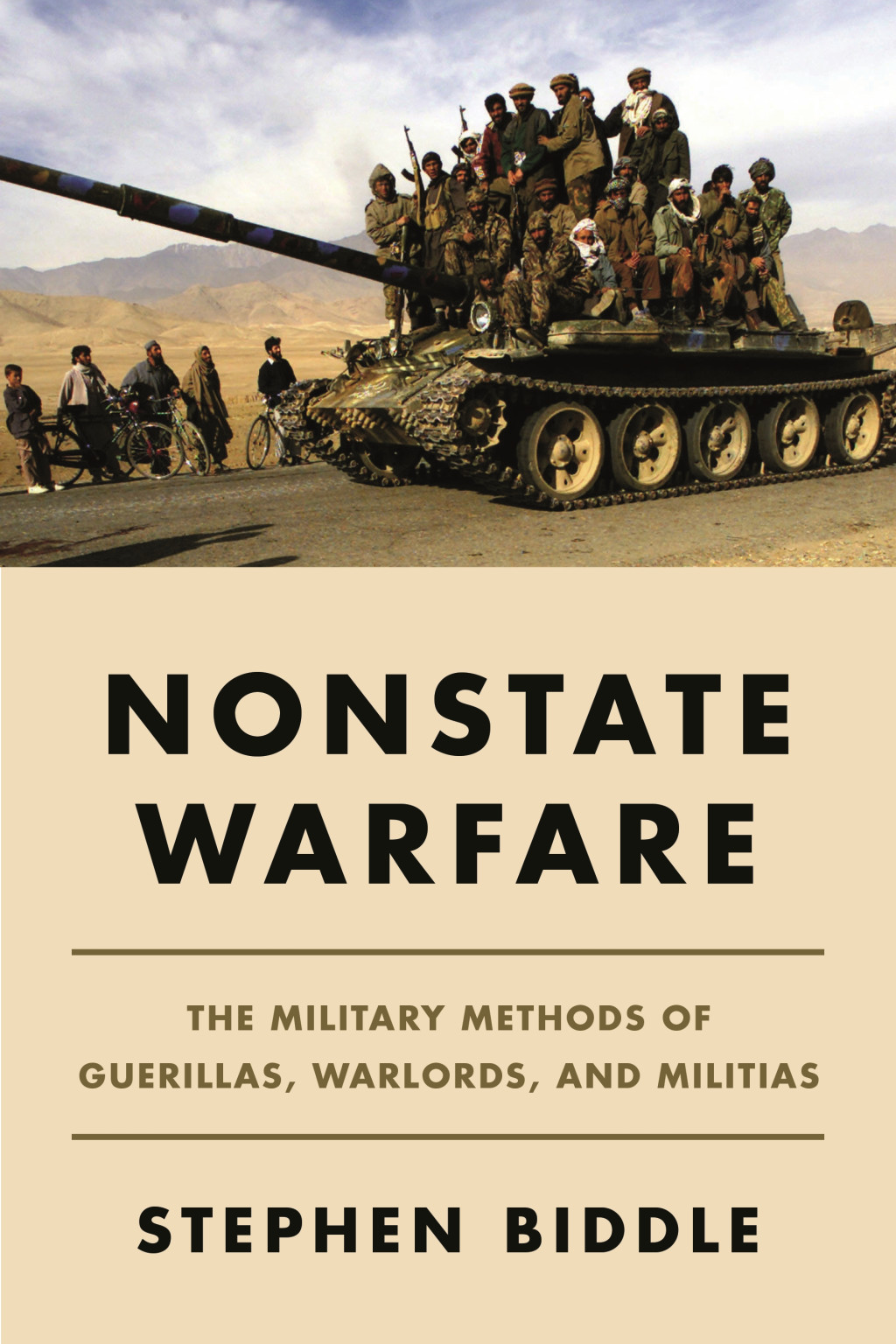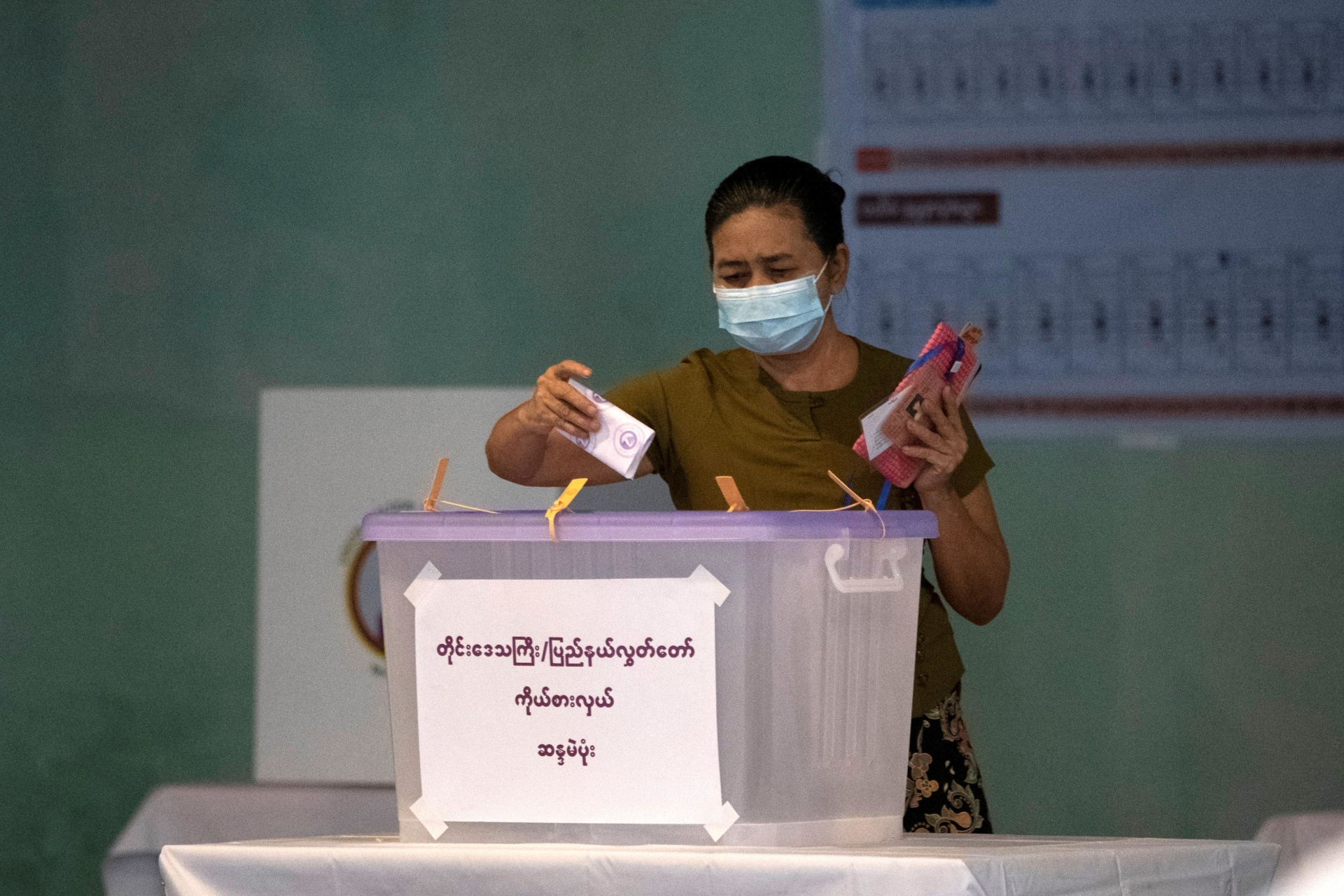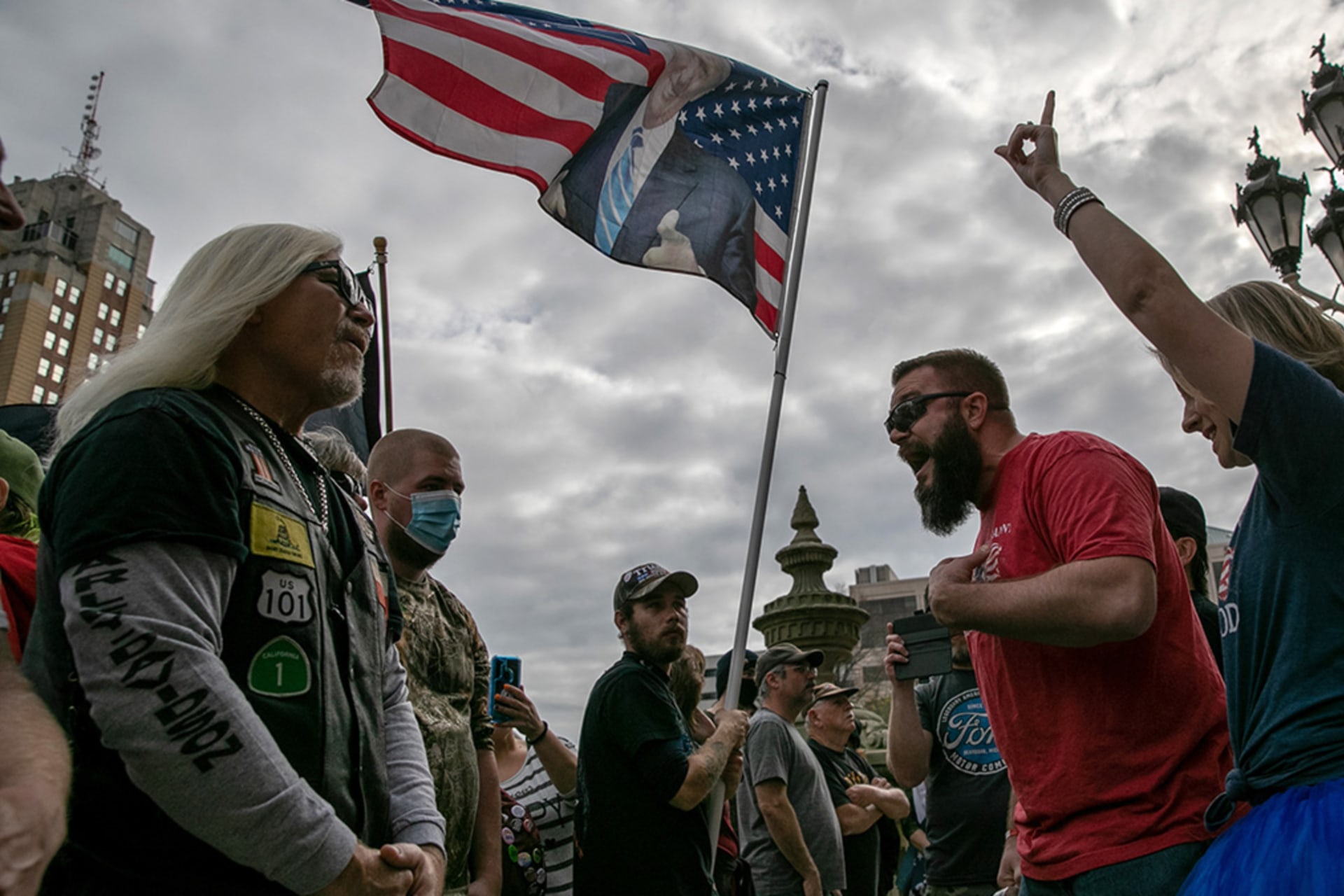By Elliott Abrams
Iraq
Archive
584 results
![]() By Richard Haass
By Richard Haass![]() By Steven A. Cook
By Steven A. Cook![Timeline: The Kurds’ Long Struggle With Statelessness]() By Hagit Ariav and Mariel Ferragamo
By Hagit Ariav and Mariel Ferragamo![Timeline: The Iraq War]() By Zachary Laub, Kevin Lizarazo and Jeremy Sherlick
By Zachary Laub, Kevin Lizarazo and Jeremy Sherlick- By Kali Robinson
![]() By Bruce Hoffman
By Bruce Hoffman![]() By Steven A. Cook
By Steven A. Cook![]() By Steven A. Cook
By Steven A. Cook![Cover for Nonstate Warfare by Stephen Biddle, beige with a photo of a group of men on top of a tank.]()
Nonstate Warfare
Stephen Biddle
- By Steven A. Cook
![]() By James M. Lindsay
By James M. Lindsay![]() By Steven A. Cook
By Steven A. Cook
